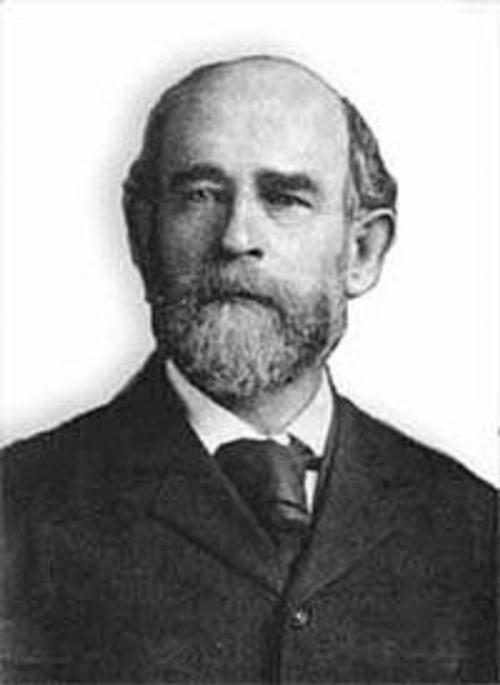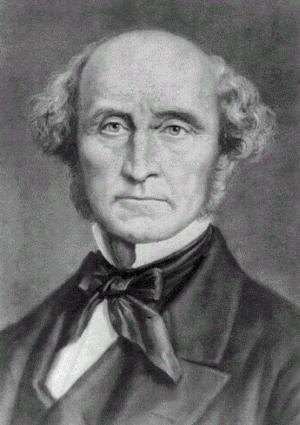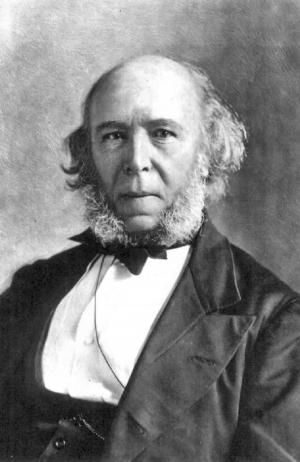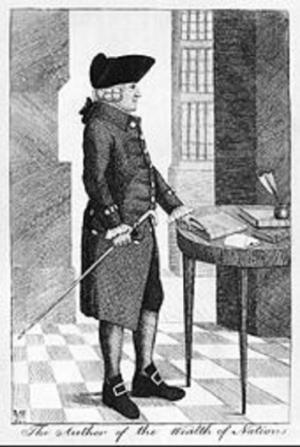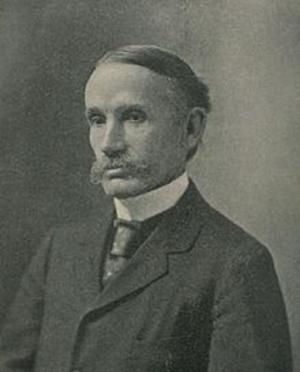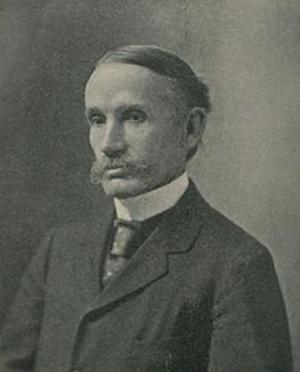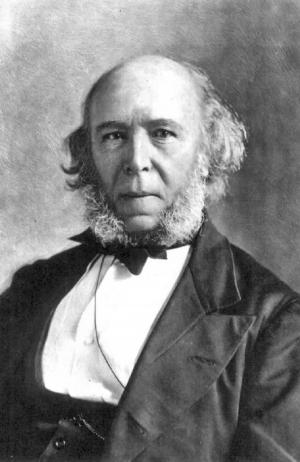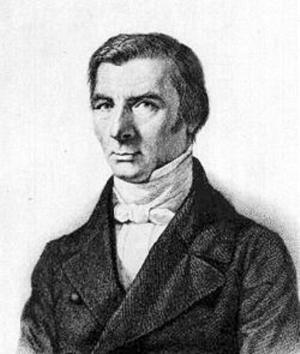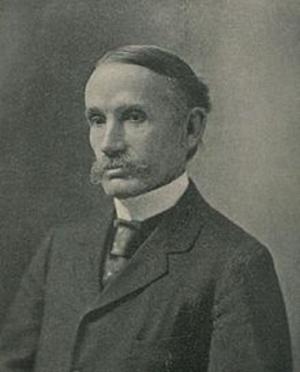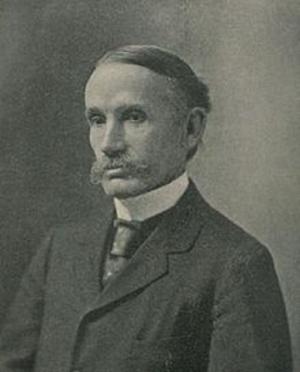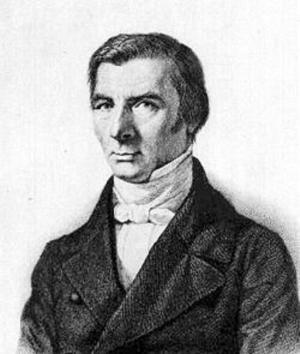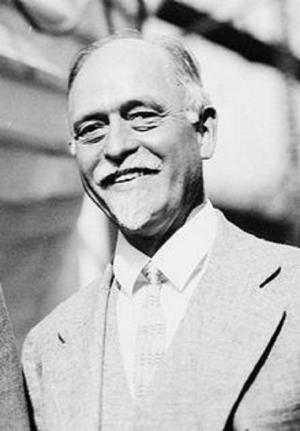Progress and Provery(Illustrated and Bundled with Thorstein Veblen and Henry George Library)
Business & Finance, Economics, Macroeconomics, Theory of Economics| Author: | Henry George, Thorstein Veblen | ISBN: | 1230000264608 |
| Publisher: | AS Team | Publication: | August 30, 2014 |
| Imprint: | Language: | English |
| Author: | Henry George, Thorstein Veblen |
| ISBN: | 1230000264608 |
| Publisher: | AS Team |
| Publication: | August 30, 2014 |
| Imprint: | |
| Language: | English |
The book has an active table of contents for readers to access each chapter of the following titles by Henry George and Thorstein Veblen:
1. PROGRESS AND POVERTY – Henry George
2. THE SCIENCE OF POLITICAL ECONOMY - Henry George
3. SOCIAL PROBLEMS - Henry George
4. PROTECTION OR FREE TRADE - Henry George
5. OUR LAND AND LAND POLICY - Henry George
6. THE THEORY OF THE LEISURE CLASS - Thorstein Veblen
7. THE THEORY OF BUSINESS ENTERPRISE - Thorstein Veblen
8. AN INQUIRY INTO THE NATURE OF PEACE AND THE TERMS OF ITS PERPETUATION - Thorstein Veblen
The book includes the major works by Henry George and Thorstein Veblen to address economic concerns of land and its value, free trade, science of political economy, price system, war and peace impact on economy, technology and engineer, and much more.
As two of the great American economists, the economic thoughts pioneered by Henry George and Thorstein Veblen are still relevant to American economic life, especially in building and evolving American economic foundation to knowledge based industries.
A closer look reveals that a clear connection can be made between Henry George and Thorstein Veblen, the two important American thinkers. The concept of an unearned increment builds their shared connection by illustrating the tension that exists between individuals and communities when individual property rights are assigned to community assets.
Another shared connection about economic research between Henry George and Thorstein Veblen is about war and peace on economy. As Karl von Clausewitz pointed out in 1832 that War is continuation of political commercial policy by other means. However, unlike most of their contemporaries, Henry George and Thorstein Veblen perceived the nature of war to be central to the study of economics. The two economic thinkers of America investigated the warlike animus almost a half century before the Cold War and the subsequent arms buildup that characterizes the post-World War II era.
Henry George’s analysis and remedy are directly from classical economic theory seeded by Adam Smith, David Ricardo, and John Stuart Mill. The giants had already decried the evils of concentrated land ownership, which they called “land monopoly”. George carried classical economics to its logical conclusion, and popularized that conclusion with stunning effect.
Henry George is best known for his Progress and Poverty that Albert Einstein designated George a "beautiful combination of intellectual keenness, artistic forum, and fervent love of justice". However, Protection or Free Trade by Henry George is a more significant work on the nature of free trade.
Henry George in Protection or Free Trade presented international trade from the angle of poverty, wages and unemployment. As opposed to protective prescriptions, Henry George arrives at a conclusion that is decidedly in favor or free trade as a solution to the ills of poverty.
The Veblenian dichotomy highlights the "predatory" nature of war, and the Georgist dichotomy focuses on the "negation" of progress by conflict and violence.
Decades before Veblen's first work appeared, George formulated a dichotomy that differentiated between progressive and non-progressive forces. Progressive forces stem from the gratification of biological wants, fulfillment of intellectual curiosity, sympathy for others, and the desire to know how to do things.
The parallel notion in the Veblenian dichotomy is termed "technological behavior." Technological behavior, if not inhibited, can add "serviceability" to the community and has the potential to enhance the quality of life.
This book by two of the greatest American economists is for readers who need to learn, understand, and forecast the core economic value, economic policy, foundation, and its future economic direction of America.
The book has an active table of contents for readers to access each chapter of the following titles by Henry George and Thorstein Veblen:
1. PROGRESS AND POVERTY – Henry George
2. THE SCIENCE OF POLITICAL ECONOMY - Henry George
3. SOCIAL PROBLEMS - Henry George
4. PROTECTION OR FREE TRADE - Henry George
5. OUR LAND AND LAND POLICY - Henry George
6. THE THEORY OF THE LEISURE CLASS - Thorstein Veblen
7. THE THEORY OF BUSINESS ENTERPRISE - Thorstein Veblen
8. AN INQUIRY INTO THE NATURE OF PEACE AND THE TERMS OF ITS PERPETUATION - Thorstein Veblen
The book includes the major works by Henry George and Thorstein Veblen to address economic concerns of land and its value, free trade, science of political economy, price system, war and peace impact on economy, technology and engineer, and much more.
As two of the great American economists, the economic thoughts pioneered by Henry George and Thorstein Veblen are still relevant to American economic life, especially in building and evolving American economic foundation to knowledge based industries.
A closer look reveals that a clear connection can be made between Henry George and Thorstein Veblen, the two important American thinkers. The concept of an unearned increment builds their shared connection by illustrating the tension that exists between individuals and communities when individual property rights are assigned to community assets.
Another shared connection about economic research between Henry George and Thorstein Veblen is about war and peace on economy. As Karl von Clausewitz pointed out in 1832 that War is continuation of political commercial policy by other means. However, unlike most of their contemporaries, Henry George and Thorstein Veblen perceived the nature of war to be central to the study of economics. The two economic thinkers of America investigated the warlike animus almost a half century before the Cold War and the subsequent arms buildup that characterizes the post-World War II era.
Henry George’s analysis and remedy are directly from classical economic theory seeded by Adam Smith, David Ricardo, and John Stuart Mill. The giants had already decried the evils of concentrated land ownership, which they called “land monopoly”. George carried classical economics to its logical conclusion, and popularized that conclusion with stunning effect.
Henry George is best known for his Progress and Poverty that Albert Einstein designated George a "beautiful combination of intellectual keenness, artistic forum, and fervent love of justice". However, Protection or Free Trade by Henry George is a more significant work on the nature of free trade.
Henry George in Protection or Free Trade presented international trade from the angle of poverty, wages and unemployment. As opposed to protective prescriptions, Henry George arrives at a conclusion that is decidedly in favor or free trade as a solution to the ills of poverty.
The Veblenian dichotomy highlights the "predatory" nature of war, and the Georgist dichotomy focuses on the "negation" of progress by conflict and violence.
Decades before Veblen's first work appeared, George formulated a dichotomy that differentiated between progressive and non-progressive forces. Progressive forces stem from the gratification of biological wants, fulfillment of intellectual curiosity, sympathy for others, and the desire to know how to do things.
The parallel notion in the Veblenian dichotomy is termed "technological behavior." Technological behavior, if not inhibited, can add "serviceability" to the community and has the potential to enhance the quality of life.
This book by two of the greatest American economists is for readers who need to learn, understand, and forecast the core economic value, economic policy, foundation, and its future economic direction of America.
